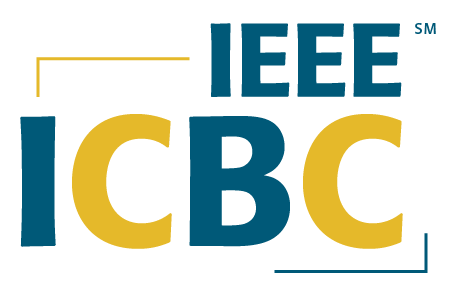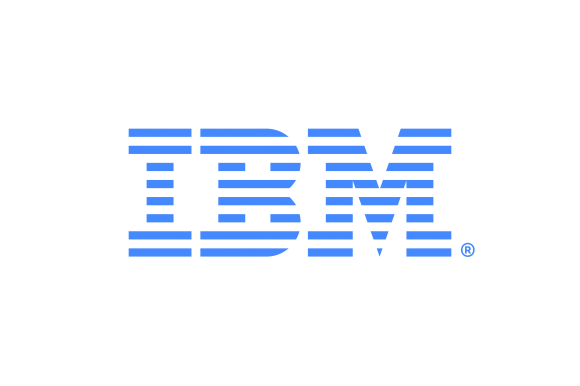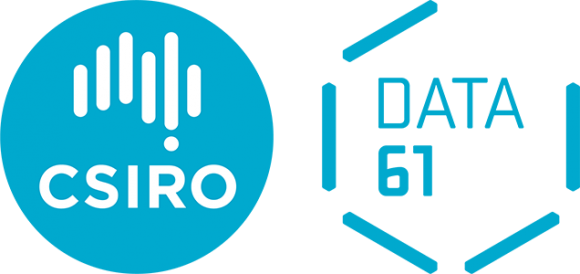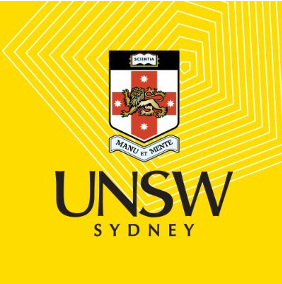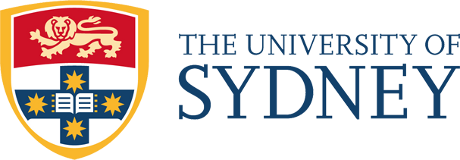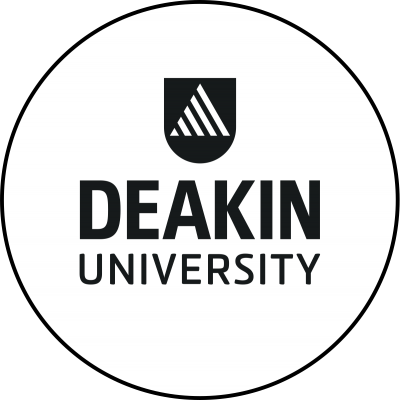Keynote Speakers:
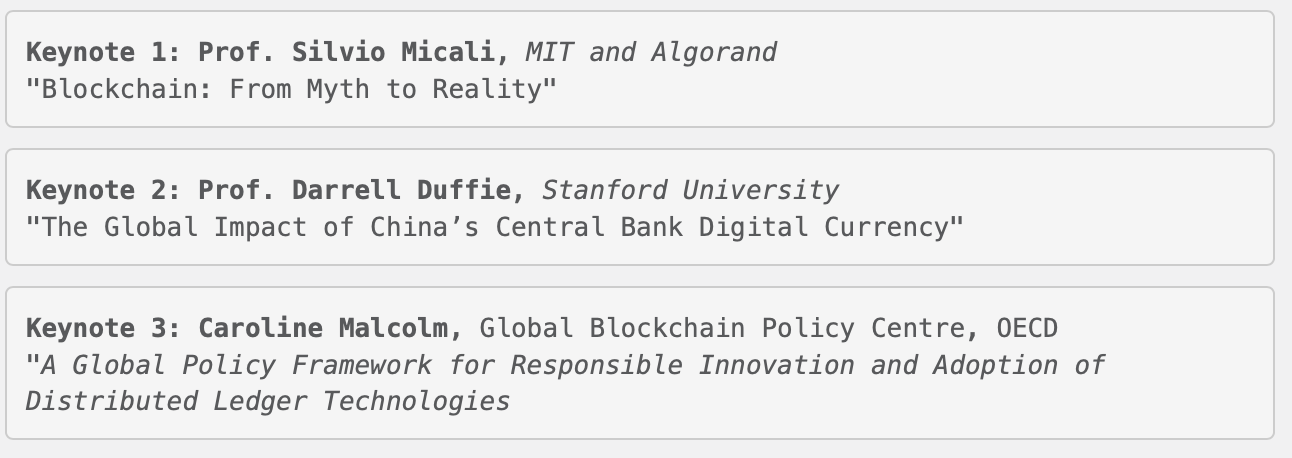
Keynote 1
Tuesday 4 May 2021, 23:00 – 0:00 AEST
.jpg)
Prof. Silvio Micali
MIT & Algorand
Blockchain: From Myth to Reality
Abstract:
In its ideal model, a blockchain consists of a digital ledger of unalterable data, readable by everyone, to which everyone can add new data. If adequately implemented, this model stands to revolutionize the way societies and traditional economies operate. By removing costly intermediaries and introducing new paradigms of trust, the model makes traditional transactions (e.g., payments) more efficient, and totally new ways of transacting (e.g., smart contracts) possible.
Unfortunately, as currently implemented, most blockchains cannot achieve their enormous potential. We shall argue, however, that they can be adequately implemented by means of dramatically different approaches.
Bio:
Silvio Micali has been on the faculty at MIT, Electrical Engineering and Computer Science Department, since 1983. Silvio’s research interests are cryptography, zero knowledge, pseudorandom generation, secure protocols, and mechanism design and blockchain. In particular, Silvio is the co-inventor of probabilistic encryption, Zero-Knowledge Proofs, Verifiable Random Functions and many of the protocols that are the foundations of modern cryptography.
In 2017, Silvio founded Algorand, a fully decentralized, secure, and scalable blockchain which provides a common platform for building products and services for a borderless economy. At Algorand, Silvio oversees all research, including theory, security and crypto finance.
Silvio is the recipient of the Turing Award (in computer science), of the Gödel Prize (in theoretical computer science) and the RSA prize (in cryptography). He is a member of the National Academy of Sciences, the National Academy of Engineering, the American Academy of Arts and Sciences and Accademia dei Lincei.
Silvio has received his Laurea in Mathematics from the University of Rome, and his PhD in Computer Science from the University of California at Berkeley.
Keynote 2
Wednesday 5 May, 08:30 – 09:30 AEST
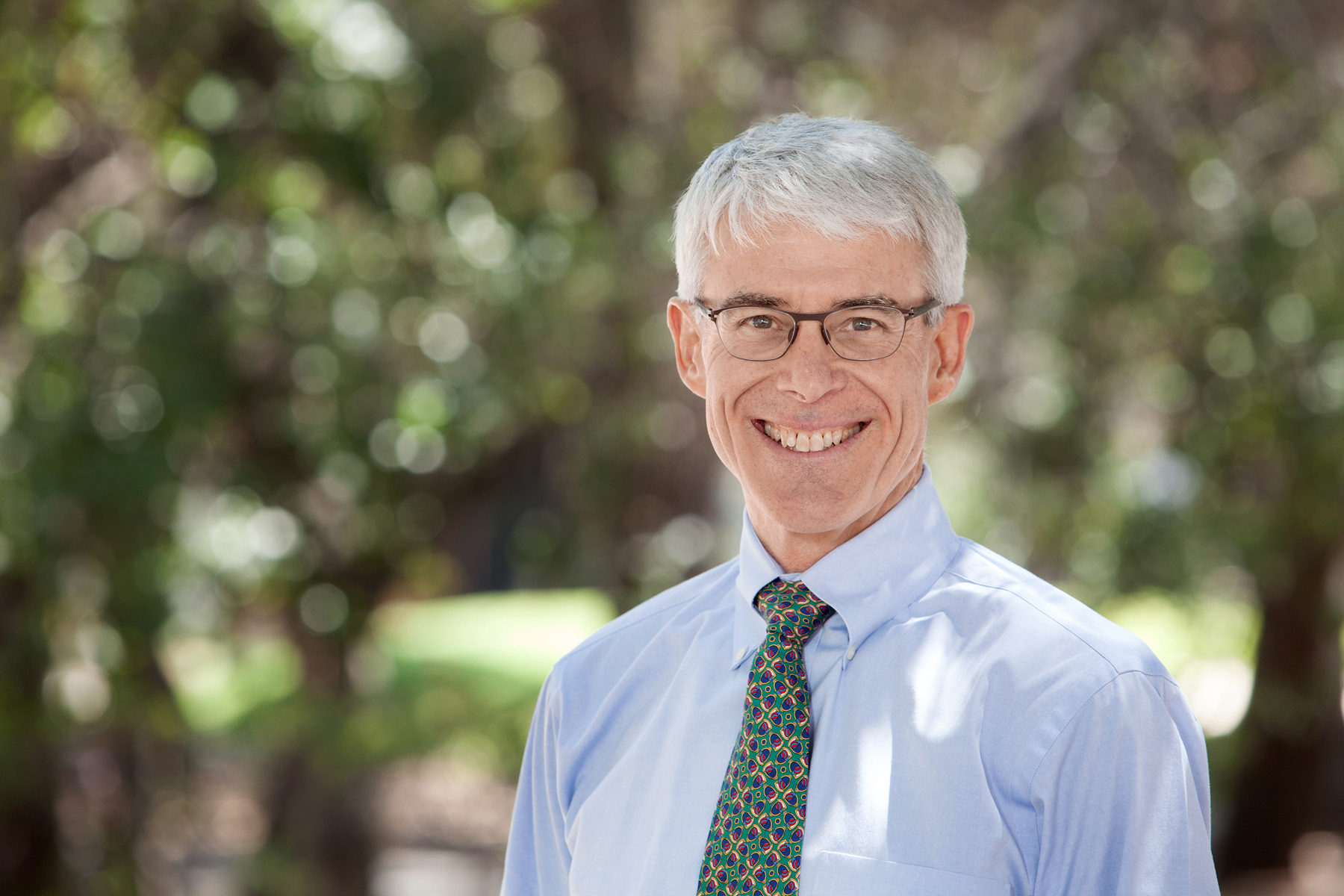
Prof. Darrell Duffie
Stanford University
The Global Impact of China’s Central Bank Digital Currency
Abstract:
I will review what is known about the design of China's new Digital Currency Electronic Payments (DCEP) system and its potential economic motivations and global implications. In particular, I will discuss the potential for the adoption of DC/EP within foreign payment systems and for cross-border payment applications. I will discuss conditions under which DC/EP could lead to an increase in the pace of internationalization of the RMB and a reduction in the dominant global status of the US dollar.
Bio:
Darrell Duffie is the Adams Distinguished Professor of Management and Professor of Finance at Stanford University’s Graduate School of Business. He is a Research Fellow of the National Bureau of Economic Research and a Fellow of the American Academy of Arts and Sciences. He was the 2009 president of the American Finance Association. Duffie is an independent director on the board of U.S. Dimensional Funds. He chaired the Financial Stability Board’s Market Participants Group on Reference Rate Reform. Duffie was a project advisor of The G30 Working Group on Digital Currencies and is a member of the Systemic Risk Council.
Keynote 3
Thursday 6 May, 22:00 – 23:00 AEST
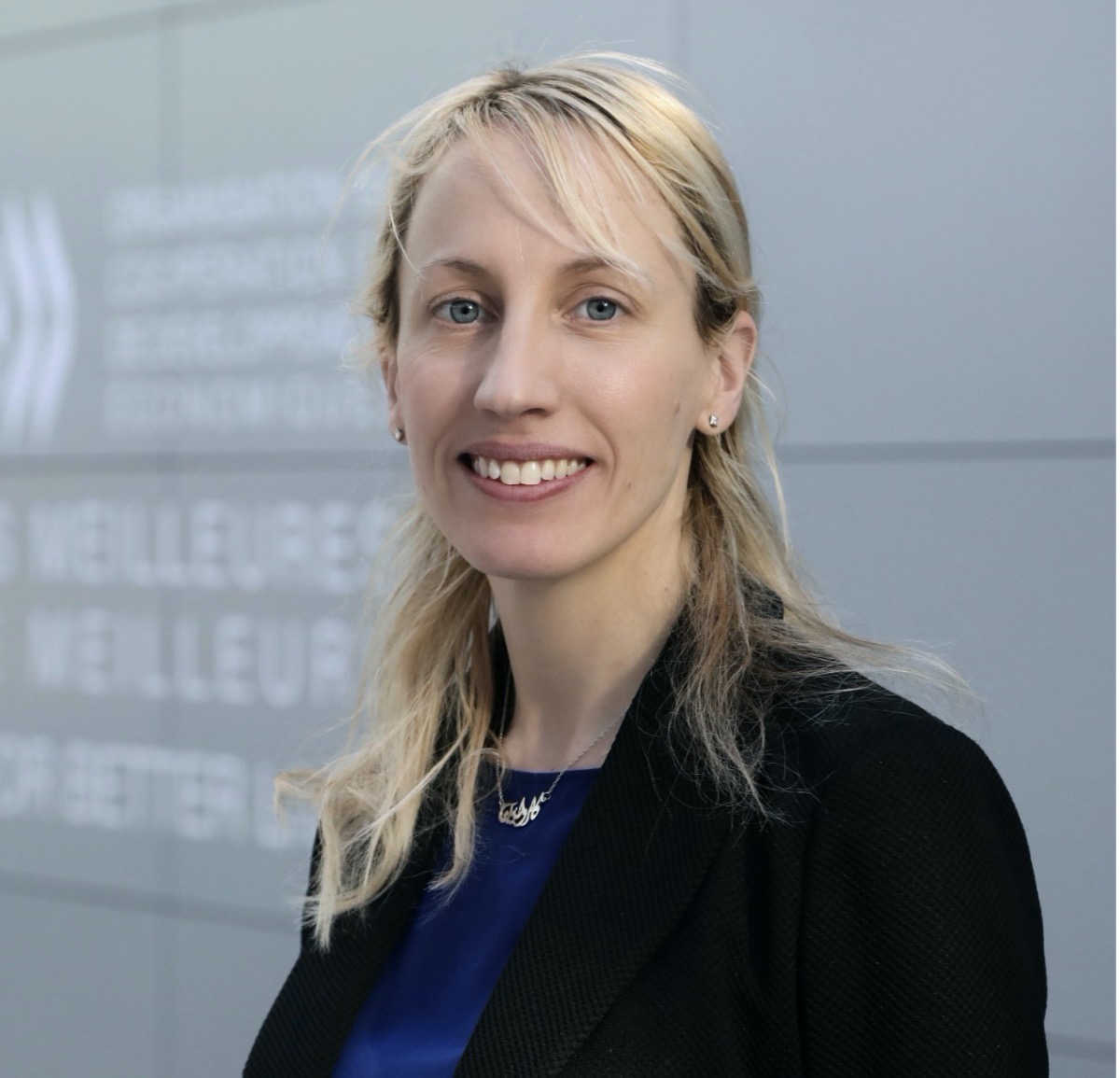
Caroline Malcolm
Global Blockchain Policy Centre, OECD
A Global Policy Framework for Responsible Innovation and Adoption of Distributed Ledger Technologies
Abstract:
As the internet comes of age, we have begun to see how, often inadvertently, aspects of the way it was designed and has developed are having significant consequences for business models and how it impacts our lives at the macro and micro-level. In some ways, those features have led to clash with some of the values, both long-held and emerging, which are part of our social contract. Working with DLT from its outset, we have the opportunity to shape this new “internet of value”. But what are those key considerations that should be taken into account, and how can their objectives best be achieved?
Bio:
Caroline heads the OECD’s work on blockchain, assessing its policy implications to ensure governments across the world can access & respond to its opportunities & challenges. She leads an advisory board of 100 blockchain experts & coordinates a network of project managers working on blockchain in areas such as fintech, competition policy, SMEs, data privacy & SDGs. In 2020, Caroline was named a Young Global Leader by the World Economic Forum. Caroline was also a judge in the G20 Techsprint Hackathon 2020 & Co-Chair of the Financial Stability Board's 2019 workstream on decentralised fintech.
